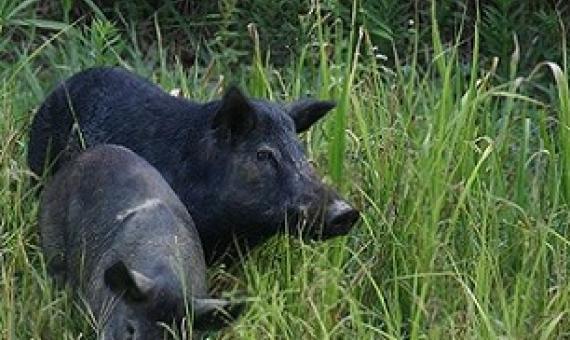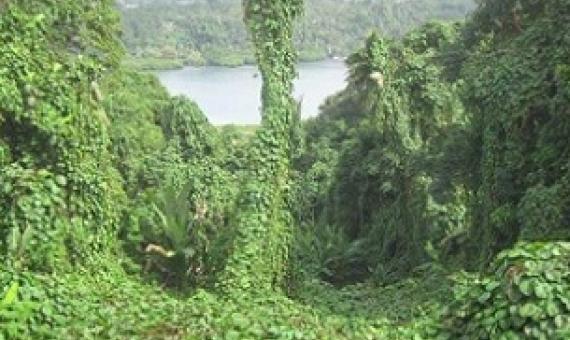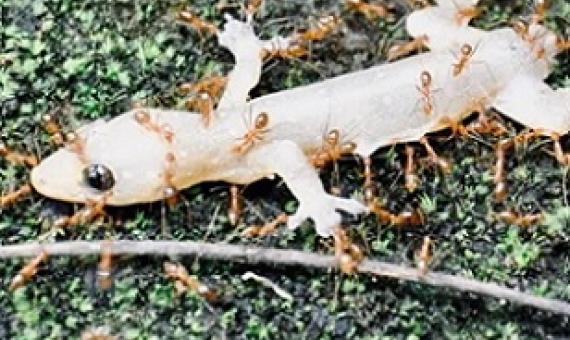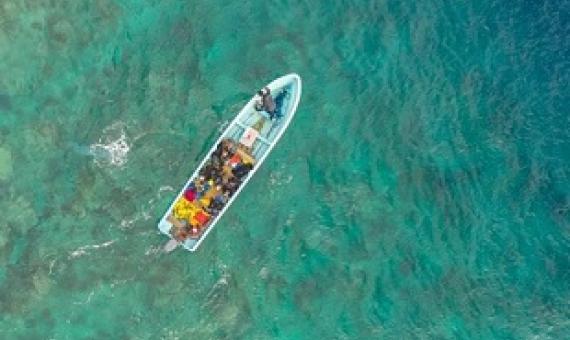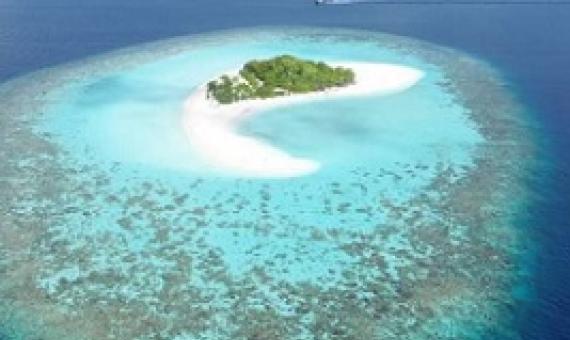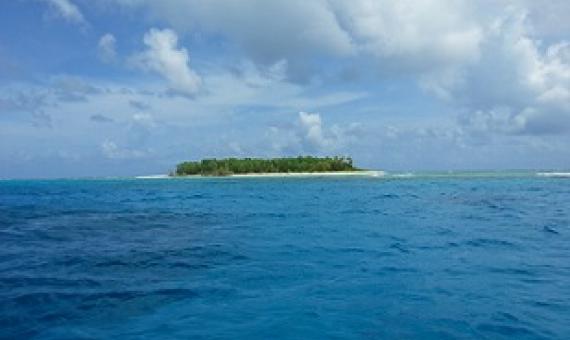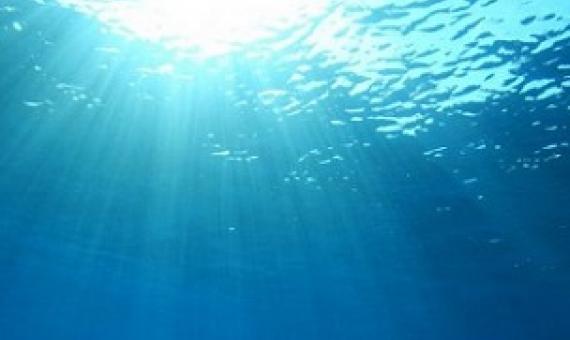Globally, invasive species account for $423bn in losses each year, with a significant portion concentrated in the United States.
Biological invasions are responsible for tremendous impacts globally, including huge economic losses and management expenditures.
Invasive plants, animals and diseases have cost Australia at least $390bn in damages and management costs over the past 60 years, according to research that has painted the most accurate picture yet of the economic burden of these invaders.
They’re one of the most damaging environmental forces on Earth. They’ve colonised pretty much every place humans have set foot on the planet. Yet you might not even know they exist. We’re talking about alien species.
All eyes are on Vanuatu as it graduates from the least developed country (LDC) status on 4 December.
The COVID-19 crisis has hit tourism-dependent Pacific Island countries severely. Fiji, the largest of these states, is feeling the impact badly, with laid-off workers of tourism-related industries, such as hotels and travel companies, turning to farming and fishing for survival.
As the coronavirus pandemic compounds worsening economic pressures from climate change impacts, small island developing nations on Monday appealed for international financial support to help them avert a looming debt crisis...One major barrier, however, is that many island states in the Caribbean
The previous blog in this series looked at how much Pacific governments were spending in response to COVID-19.
Protecting 30% of the planet for nature: costs, benefits and economic implications
The current report, based on the work of over 100 economists/scientists, analyses the global economic implications of a 30% PA target for agriculture, forestry, fisheries, and the PA/nature sector itself. (OECMs were only defined by the CBD in 2018, too recently to economically model, but we include a qualitative treatment of them.) n We carried out two analyses: a global financial one (concrete revenues and costs only); and a tropicsfocused economic one (including non-monetary ecosystem service values), for multiple scenarios of how a 30% PA target might be implemented.
Japan’s National Ocean Day is a timely reminder of the challenges many countries around the world face in supporting and reviving their ocean economies in the wake of the covid-19 pandemic...Here we explore what opportunities are offered by the economic pause to ignite a sustainable blue recovery

